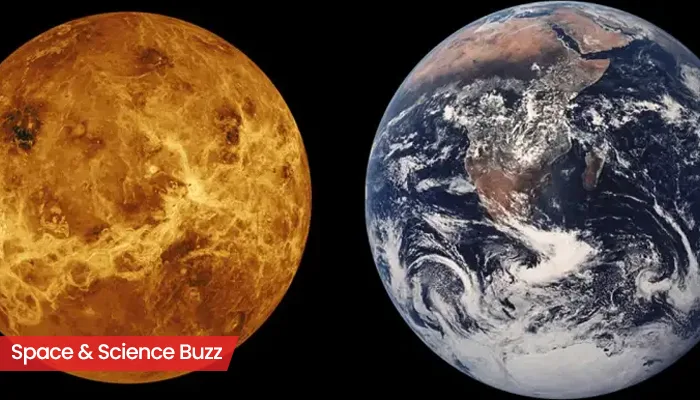
Here are today’s most important updates from the realm of Science and Space.
Birth of Worlds Depends on Cosmic Timing, Scientists Discover
A new study led by UNLV scientists sheds light on how planets, including Earth, formed in our galaxy and why the life and death of nearby stars are an important piece of the puzzle. Materials that go into making planets are formed inside of stars that have different lifetimes, said lead author. These findings help explain why older, rocky planets are less dense than younger planets like Earth, and also suggest that the necessary ingredients for life didn't arrive all at once. All the basic elements that make up planets like oxygen, silicon, iron, and nickel are formed inside stars. Planets are essentially built from the debris of dying stars, but the stars die on vastly different timelines which can influence the structure of forming planets as a result.
New Study Finds Cholesterol Drugs May Lower Dementia Risk

A massive genetic study found that naturally lower cholesterol is linked to a dramatically reduced risk of dementia. The research simulated the effects of cholesterol-lowering drugs and showed up to an 80% lower risk for certain genetic profiles. Scientists believe high cholesterol may contribute to dementia through atherosclerosis and small blood clots. Long-term trials could confirm whether medications can replicate this protective effect. The results suggest that keeping cholesterol levels low, whether through genetics or medical treatment, may protect against dementia. However, the research does not yet confirm that cholesterol-lowering drugs themselves directly prevent the disease.
Google Announces Quantum Breakthrough That Could Redefine Computing Power

Researchers from Google Quantum AI report that their quantum processor, Willow, ran an algorithm for a quantum computer that solved a complex physics problem thousands of times faster than the world's most powerful classical supercomputers. If verified, this would be one of the first demonstrations of practical quantum advantage, in which a quantum computer solves a real-world problem faster and more accurately than a classical computer. The Quantum Echoes algorithm uses a concept called an Out-of-Time-Order Correlator (OTOC), which measures how quickly information spreads and scrambles in a quantum system.
What You Tell AI May Not Stay Private: Here’s Why Experts Are Worried

Major AI companies are utilizing user conversations for training purposes, raising significant privacy concerns and underscoring the need for more transparent policies. AI developers' privacy policies and identified several causes for concern, including long data retention periods, training on children's data, and a general lack of transparency and accountability in developers' privacy practices. In light of these findings, consumers should think twice about the information they share in AI chat conversations and, whenever possible, affirmatively opt out of having their data used for training. Here's a realistic scenario: Imagine asking an LLM for dinner ideas. Maybe you specify that you want low-sugar or heart-friendly recipes. The chatbot can draw inferences from that input, and the algorithm may decide that you fit a classification as a health-vulnerable individual.

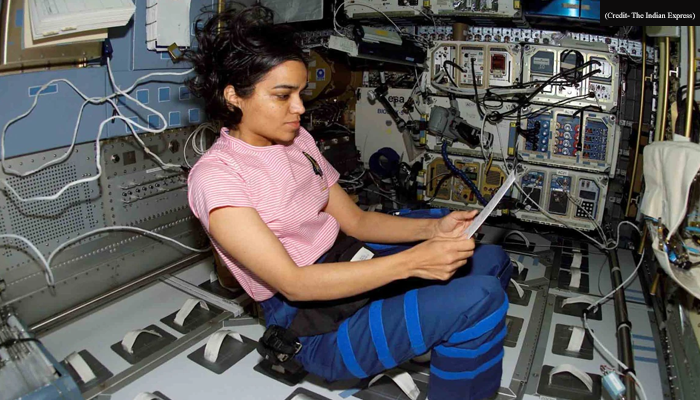
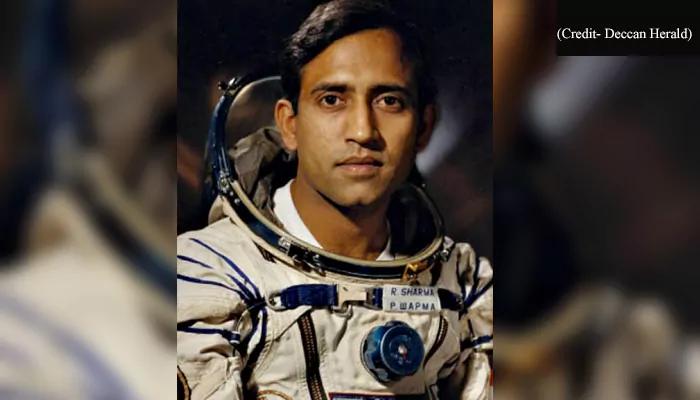
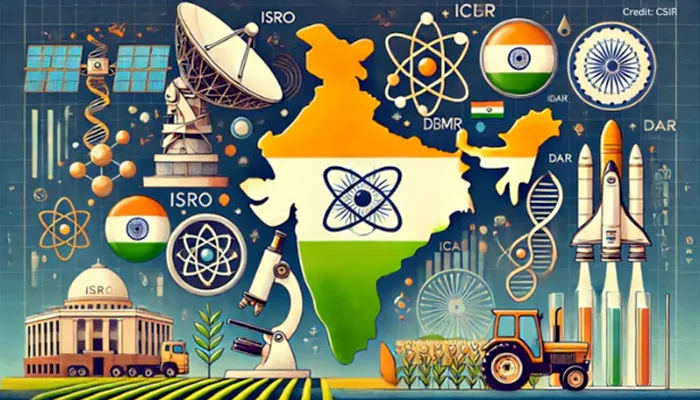

.webp)
.WEBP)
.WEBP)
.webp)
.webp)
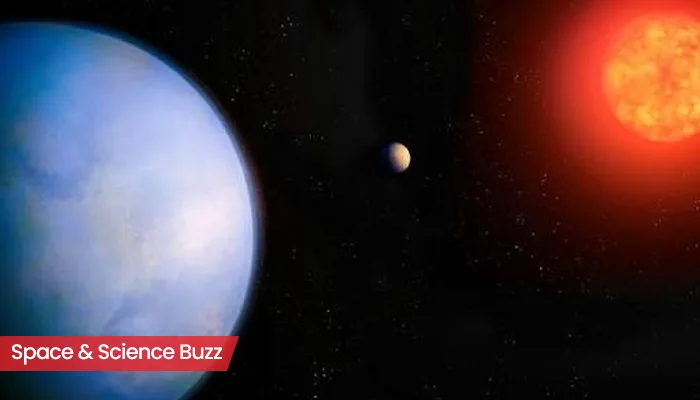
.webp)
.webp)